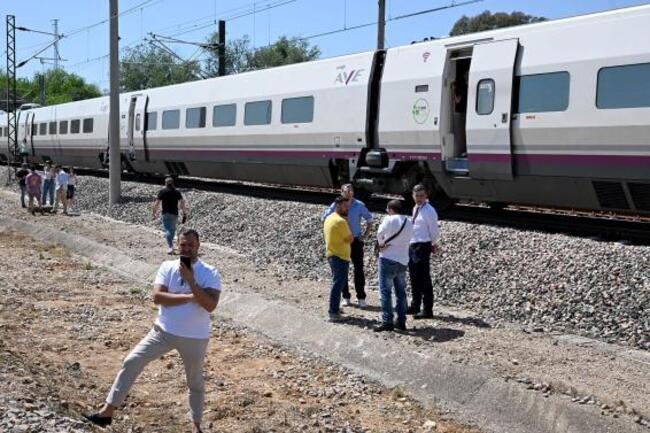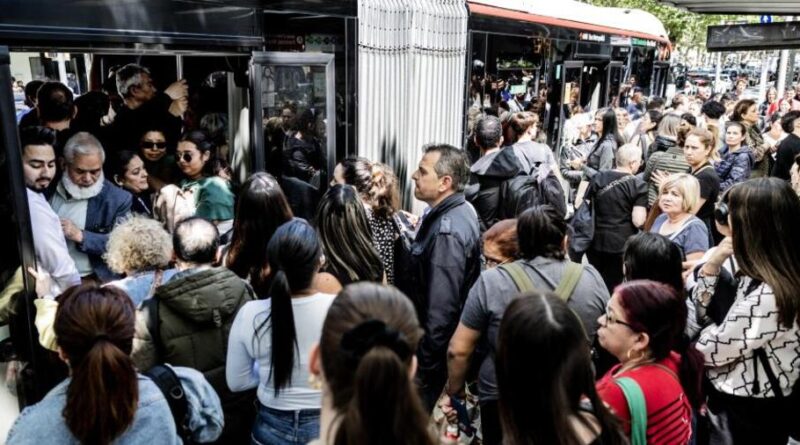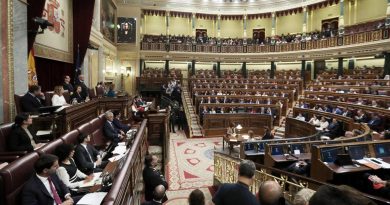Historical blackout: Symptom of a fragile energy system
Monday 28 of April, The Spanish State suffered one of the most serious blackouts in its history. In just five seconds, The electrical system lost 15 Gigawatts of power, Leaving cities like Madrid without light, Barcelona, Valencia, Seville and Santiago de Compostela, with effects even in Portugal and southern France. Trains and meters stopped, Hospitals were affected their operation and millions of people were vulnerable to the lack of essential services. On Tuesday the supply is being restored, But normality is not yet guaranteed.
As explained by President Pedro Sánchez, The incident was due to a “Sudden fall” In electricity generation, probably due to failures in several energy plants. Nevertheless, experts do not rule out other causes, as a chain of technical errors, High voltage network failures, cyber attacks or human errors. The authorities have already "opened the umbrella" saying that knowing the exact origin of the problem can take time.
The REE (commercially known as Redeia) It is the high voltage network operator and responsible for critical infrastructure. Does not market electricity such as Iberdrola or Endesa, but manages electric transport. Until now considered reliable, This episode questions its emergency response capacity.
It is evident that there were no sufficient support systems or effective contingency protocols. This fragility reflects years of complicity between the governments of the PP and the PSOE and the large energy companies, Many of which end up using public former officials. Although the government has asked for reports from companies, It is difficult to imagine exemplary sanctions if negligence are detected.
Government measures
After the peak of crisis and at the request of the Autonomous Communities, The Ministry of Interior decreed, The state of emergency in regions such as Castilla-La Mancha, Andalusia, Galicia and the Valencian Community. An Interministerial Coordination Committee was created, An urgent review of electrical infrastructure and investigation was announced.
Nevertheless, The answer was slower and disorganized than necessary, especially for thousands of people trapped in trains, stations and airports. Many of them, They had to spend the night at the trains stations, since they did not have how to return to their homes. further, The government did not suspend non -essential activities, leaving in the hands of workers the decision on how to act, Despite the risks in transport and displacements. This lack of priority towards labor security recalls attitudes seen during the Covid-19 pandemic and the DANA With the inaction of the majority unions, more willing not to contradict employers than to defend workers.
It is worth mentioning that there were also those who took the opportunity to propagandize the usefulness of adopting the Emergency kit for 72 hours proposed by the European Commission, In clear preparation of social militarization and justification of rearme.

The blackout reveals the vulnerability of the national electrical system against serious failures. Although restoration is based on interconnections with Morocco and France, deep problems have been exposed.
The privatization of strategic sectors has subordinated energy security to business profitability: High rates, Disinversion in maintenance and infrastructure, and lack of robust plans for serious contingencies. While capitalist companies seek to maximize their profits, The population is exposed to crisis situations.
Faced with this reality, It is urgent to raise a deep transformation of the system: Essential services such as energy and transport must be public, Under the control of workers and users, question that could guarantee a government government and the people in a socialist system.




